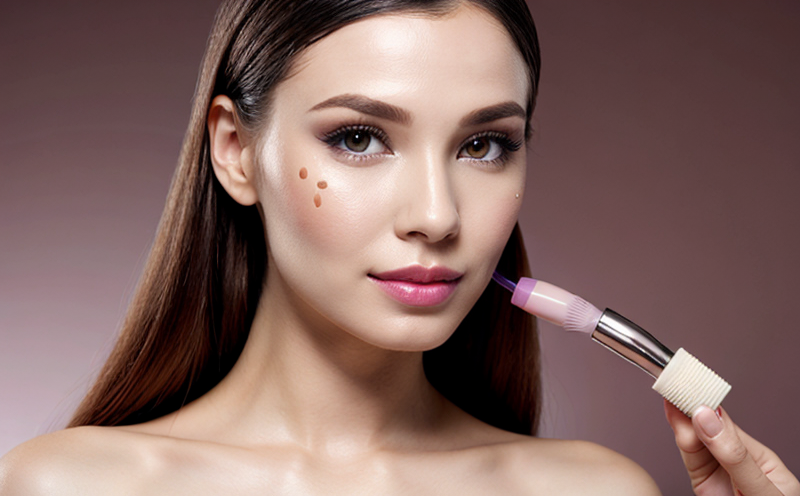In Vitro Tolerance Testing of Cosmetic Peptides
Understanding the tolerance of cosmetic peptides is crucial in ensuring product safety and efficacy. In vitro methods provide a reliable, ethical, and efficient alternative to traditional animal testing by using cell-based assays or tissue cultures to assess potential irritancy and toxicity.
The use of peptides in cosmetics has grown significantly due to their ability to penetrate the skin and deliver active ingredients directly to the dermis. However, before these peptides are incorporated into cosmetic formulations, it is essential to evaluate their tolerance through rigorous testing. In vitro methods offer a non-invasive approach that can predict the potential adverse effects on human skin.
At Eurolab, we employ advanced in vitro techniques such as the Human Skin Equivalent (HSE) model, which mimics the structure and function of human skin to accurately assess the irritancy and sensitization potential of cosmetic peptides. This approach allows us to provide detailed insights into the safety profile of these ingredients without causing any harm to animals.
The process typically involves preparing the HSE model by culturing keratinocytes, melanocytes, and fibroblasts in a three-dimensional matrix that replicates the stratum corneum. Once the model is established, cosmetic peptides are introduced, and various parameters such as pH levels, osmolarity, and stability over time are monitored.
Our state-of-the-art equipment ensures precise measurements of key indicators like cellular viability, inflammation markers, and cytotoxicity. This comprehensive approach not only provides a clear picture of the peptide’s safety but also helps in optimizing formulation conditions to enhance efficacy while maintaining safety standards.
In vitro tolerance testing is particularly beneficial for cosmetic peptides because it allows for early detection of potential issues during development stages. By identifying any adverse reactions at an initial stage, manufacturers can make informed decisions about ingredient selection and formulation adjustments, thereby reducing the risk of costly recalls later in the product lifecycle.
Scope and Methodology
| Parameter | Description |
|---|---|
| Sample Preparation | The cosmetic peptides are first dissolved in a suitable buffer solution to ensure optimal solubility. |
| Tissue Culture | Human skin cells are cultured on porous membranes to form an HSE model that closely resembles human skin. |
| Exposure | The prepared peptides are then applied to the HSE model for a specified duration under controlled conditions. |
| Assessment | Cells are analyzed using multiple biomarkers including viability, inflammation markers, and cytotoxicity levels. |
Benefits of In Vitro Tolerance Testing
- Reduces the reliance on animal testing, aligning with ethical standards.
- Provides early detection of potential issues during formulation stages.
- Saves time and resources by identifying problems at an initial stage.
- Promotes regulatory compliance with international standards like ISO 10993-18:2017.
Why Choose Eurolab for In Vitro Tolerance Testing?
At Eurolab, our commitment to innovation and excellence sets us apart in the field of cosmetic peptide testing. Our experienced team of scientists uses cutting-edge technology and methodologies to ensure accurate and reliable results.
- Advanced HSE models that accurately mimic human skin conditions.
- Comprehensive analysis tools for precise measurement of various parameters.
- Dedicated support from our team throughout the testing process, ensuring your needs are met efficiently and effectively.
- Regulatory expertise to guide you through compliance requirements.





